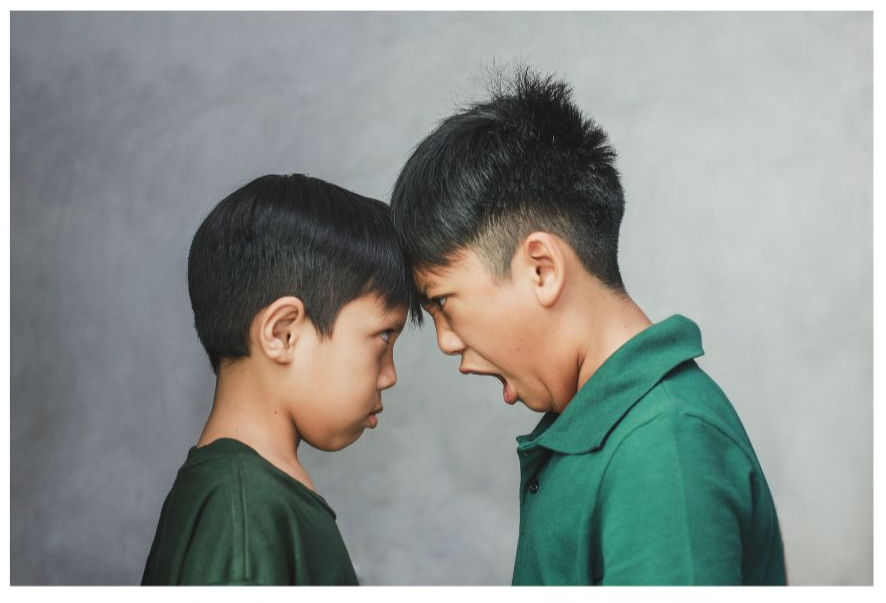Mental Health: How Childhood Trauma Has a Big Effect
- Mable Green
- Nov 7, 2025
- 3 min read

Explore how childhood trauma and Adverse Childhood Experiences (ACEs) shape mental health, relationships, and future wellbeing. How can education systems do more to support? Childhood Trauma. It is not just a duty but a collective responsibility of all adults in our society to protect and support our children.
The effects of childhood trauma are not transient. They can be profound and enduring, shaping the course of a child's entire life. This underscores the urgency of addressing and preventing such trauma.
What are Adverse Childhood Experiences?
Adverse Childhood Experiences (ACEs) are “highly stressful, potentially traumatic events or situations that occur during childhood and adolescence. They can be a single event or prolonged threats to, and breaches of, the young person’s safety, security, trust or bodily integrity.” (Young Minds, 2018).
Examples of Adverse Childhood Experiences (ACEs)
Physical abuse
Sexual Abuse
Emotional Abuse
Living with someone who abuses drugs
Living with someone who abuses alcohol
Exposure to domestic violence
Living with someone who has gone to prison
Living with someone with a serious mental illness
Losing a parent through divorce, death or abandonment
How Common are Adverse Childhood Experiences (ACEs)?
In a 2014 UK study on ACEs, 47% of people experienced at least one ACE, with 9% of the population having 4+ ACES (Bellis et al., 2014).
Impact of ACEs and Childhood Trauma
Just like attachment, experiencing ACEs can have an impact on our future physical and mental health, and often, ACEs can be barriers to healthy attachment relationships forming for children. Some of the effects of ACEs on our physical and mental health are:
An increase in the risk of certain health problems in adulthood, such as cancer and heart disease, as well as increasing the risk of mental health difficulties, violence and becoming a victim of violence.
An increase in the risk of mental health problems, such as anxiety, depression, and post-traumatic stress. 1 in 3 diagnosed mental health conditions in adulthood directly relate to ACEs.
The longer an individual experiences an ACE and the more ACEs they experience, the greater the impact it will have on their development and health.
Some of the other things exposure to ACEs can impact are:
The ability to recognise and manage different emotions.
The capacity to make and keep healthy friendships and other relationships.
The ability to manage behaviour in school settings.
Difficulties coping with emotions safely without causing harm to oneself or others.
Childhood Trauma
A child who has had years of humiliation and bullying at the hands of his peers and a lack of school support is traumatised. How do they start to work out where they fit into society and who they trust? Do they respect the adults in society? On top of the stigma of being autistic. These school years have such an impact that the trauma will affect the rest of a child's now adult life.
Children have traumatic starts in life, but when they become adults, their choices are theirs. Do those in the education system see the bigger picture? Three years after leaving compulsory education, the education system is no longer responsible for any neglect on their part.
Can the education system see its impact on today's children, shaping them into the adults of tomorrow? Is it just about giving them knowledge and the short-term gratification of looking great on a school league table?



Comments